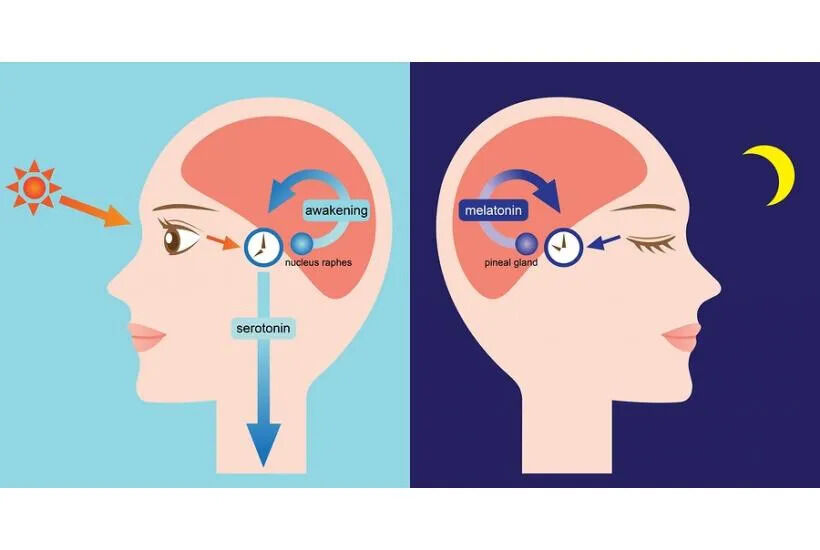5 Trends Seen Seen at a Recent Weight Management Symposium

This symposium coverage was written for Bariatric Choice by bariatric nutritionist Sharon Howard, R.D., who attended.
I recently attended 2 days of great speakers at a Weight Management Symposium for dietitians in the weight loss field, including bariatrics. Sessions were filled with discussions on the latest in research-validated weight management treatment, the impact of technology, and new approaches to group support, medications and surgery.

Here are some highlights that will likely impact the nutrition advice from practitioners, like myself.
Specific protein goals for post-bariatric patients were offered
Laura Frank, PhD, a guru in protein metabolism, made these recommendations:
- Plan 1.2-1.6 g protein/kg/day. (Divide your weight in lbs by 2.2 to get kg)
- Consume 20-30 grams of protein 3 times a day, with some carbohydrates and fat. This diet plan will provide satiety, decrease fat mass and increase lean body mass (muscle). This equates to 60-150 grams of protein a day, with not more than 5 hours between intake (you could also have 20 grams per meal, 10 per snack).
- Quality of protein matters. Must be of high biological value and contain 1-4 grams of leucine a day.
- Physical activity is a must to promote muscle protein building.

Meal timing and our circadian clock do matter in weight control
Courtney Peterson, PhD, who does some highly interesting research on sleep and weight, offered this advice:
Effective Strategies for Weight and/or Fat Loss
- Shift food intake to earlier in day. Eat an earlier dinner. A long fast from dinner until breakfast is better for weight loss.
- Eating at night and sleeping during the day is bad for weight loss and blood glucose control. Your internal clock being out of sync can cause health problems.
- Our metabolism is more efficient in the morning, i.e. the speed of digestion, calories used to burn food, and blood sugar control.
- There is some benefit to alternate-day modified fasting: 2 out of 7 days eat a lot less.
You can build muscle in a calorie deficit
Dr. Todd Miller and Stephanie Mull, RD described their program to lose weight and gain muscle.
More research is needed in promoting fat loss, not just weight loss. Sedentary people can’t eat little enough to lose weight, but increasing muscle mass can increase metabolism to promote fat loss and long term weight maintenance.
These researchers planned the diet calories to match the Resting Metabolic Rate (which they measured with specialized equipment). The total calories were distributed to 30 % of calories from protein, 25 % fat and 45% carbohydrates. Very low carbohydrate diets caused ketosis which ultimately decreased lean body mass and resting metabolic rate.
They recommend strength training every 3 days with the higher protein intake evenly distributed throughout the day, with some carb and fat.
With 90 % of Americans owning cell phones, using an “app” for tracking health goals can be effective

Deborah Tate, PhD proved that an increase in self -monitoring increased the amount of weight loss.
Programs designed to be only computer/phone based were not as effective in the long term as having a human intervention with technology, however. Some of the preferred food and calorie tracking apps used were MyFitnessPal, FatSecret, and MyNetDiary. Daily weighing provided dramatic weight loss results when clients used a smart scale that reported their weight to the phone or computer and their human coach.
You can have a full plate and still cut calories
Barbara Rolls, PhD, has done extensive research on the portion size and overconsumption.

Pre-portioned meals and meal replacements have been shown to be helpful with weight loss and long term weight maintenance. Using smaller plates and bowls, decreasing the portion size of the energy dense foods (high calorie) and having larger portions of the low energy dense foods such as vegetables and fruits can still satisfy the appetite and provide a full feeling.
The “plate diet” fills half the plate with vegetables, ¼ with starch and ¼ with a lean protein. Several exhibitors displayed their portion controlled plates.
Learn more about the plate diet our article outlining the "bariatric plate" portion-controlled eating plan, here.